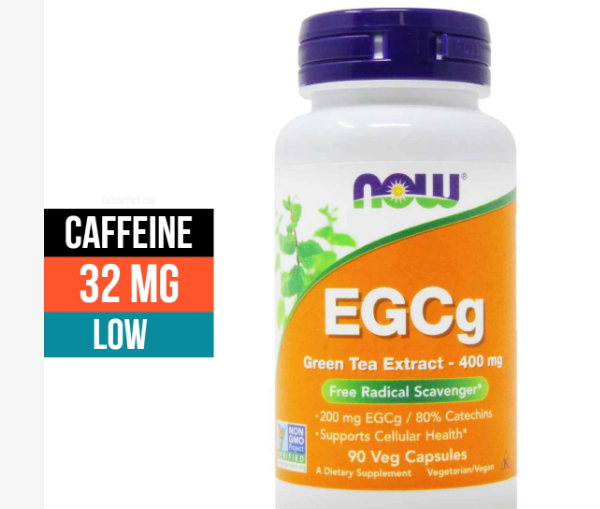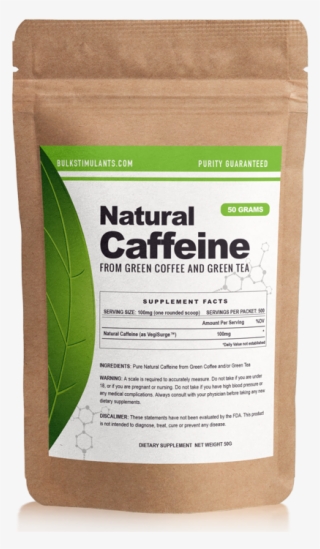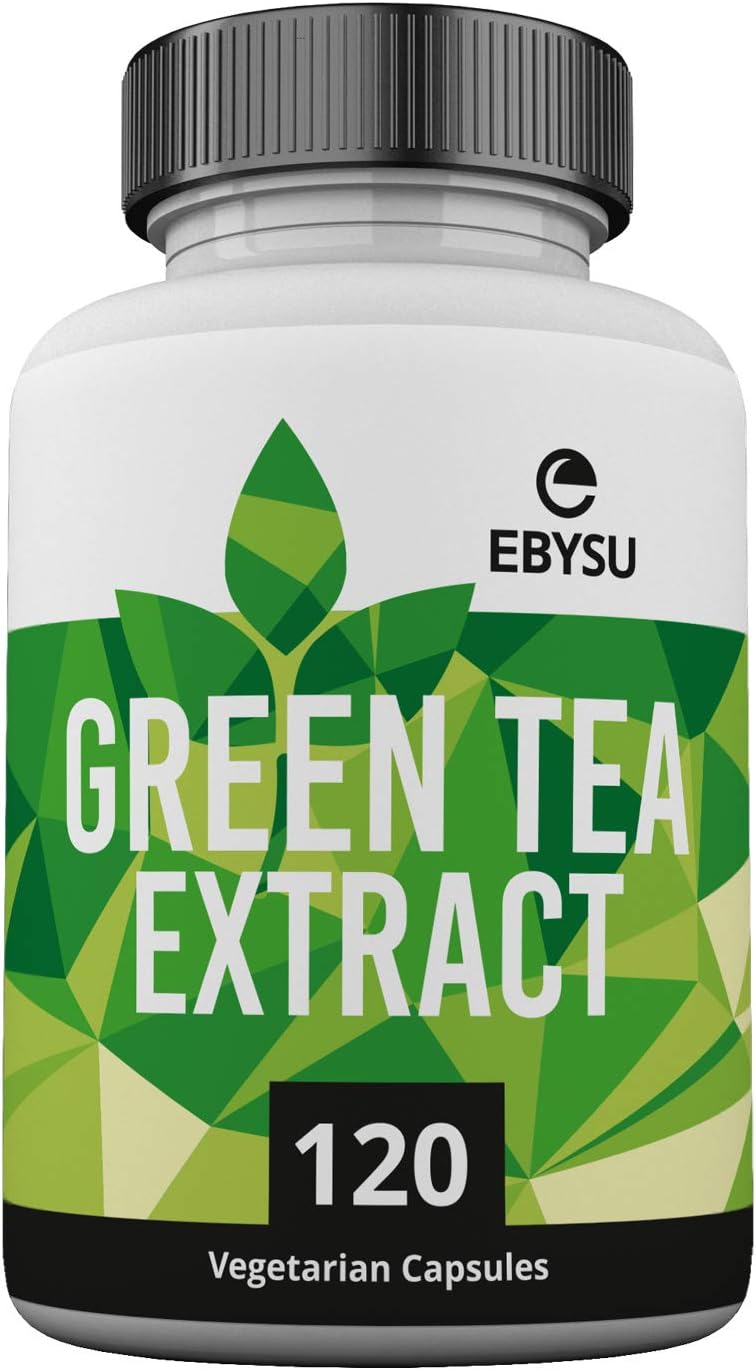Content Menu
● Introduction
● Chemical Composition of Green Tea Extract
● Extraction Process and Standardization
● Caffeine Content Analysis in 500mg Green Tea Extract
● Health Benefits and Physiological Effects
● Comparative Analysis with Other Caffeine Sources
● Safety Considerations and Recommended Usage
● Conclusion
● Frequently Asked Questions
Introduction
Green tea extract (GTE) has emerged as one of the most popular dietary supplements in the modern health and wellness industry. This concentrated form of green tea has garnered significant attention due to its potent bioactive compounds, particularly its caffeine content and catechins. Understanding the precise caffeine content in green tea extract is crucial for consumers and healthcare practitioners alike, as it directly impacts its physiological effects and potential benefits. This comprehensive analysis explores the caffeine composition in 500mg of green tea extract, its extraction process, comparative analysis with other caffeine sources, and its implications for human health.

Chemical Composition of Green Tea Extract
Green tea extract is derived from the leaves of Camellia sinensis through a sophisticated extraction process that concentrates its beneficial compounds. The chemical profile of green tea extract is complex and varies depending on several factors, including the processing method, the origin of the tea leaves, and the standardization process. Fresh tea leaves typically contain approximately 3.5% caffeine of their total dry weight, along with other compounds such as theobromine (0.15-0.2%), theophylline (0.02-0.04%), and various other bioactive components. When these leaves are processed into extract form, these concentrations become significantly more potent.
Extraction Process and Standardization
The process of creating green tea extract involves several sophisticated steps that directly influence its final caffeine content. Modern extraction methods utilize various techniques, including solid-phase extraction with specific solvents such as water, methanol, and methanol-acetic acid mixtures. This process not only concentrates the caffeine but also preserves other beneficial compounds like catechins. The standardization of green tea extract is crucial for maintaining consistent quality and potency across different products. Manufacturers often standardize their extracts based on specific compounds, particularly EGCG (Epigallocatechin gallate) levels, which can affect the relative caffeine content in the final product.
Caffeine Content Analysis in 500mg Green Tea Extract
The caffeine content in 500mg of green tea extract can vary significantly depending on the standardization process and manufacturing methods. Based on scientific analysis, the caffeine concentration in green tea extract typically ranges between 2-5% of the total composition. Therefore, in a 500mg serving of green tea extract, the caffeine content could range from approximately 10mg to 25mg. However, some specialized extracts may contain higher or lower amounts depending on their intended use and standardization process.

Health Benefits and Physiological Effects
The combination of caffeine and other bioactive compounds in green tea extract produces various physiological effects that contribute to its health benefits. Research has demonstrated that green tea extract can:
1. Enhance Metabolic Function: The synergistic effect of caffeine and catechins helps increase energy expenditure and fat oxidation.
2. Support Cognitive Performance: The unique combination of caffeine and L-theanine in green tea extract can improve mental clarity and focus while promoting relaxation.
3. Provide Antioxidant Protection: The concentrated polyphenols work alongside caffeine to combat oxidative stress and support cellular health.
4. Aid in Weight Management: Studies have shown that the caffeine content, combined with other compounds, may support healthy weight management when used as part of a balanced diet and exercise program.
Comparative Analysis with Other Caffeine Sources
When comparing the caffeine content of green tea extract to other common sources, it's important to note that the concentration and bioavailability can differ significantly. Here's a comparative analysis:
◆ 500mg Green Tea Extract: 10-25mg caffeine (approximate range)
◆ Standard Cup of Coffee (8 oz): 95-200mg caffeine
◆ Regular Green Tea (8 oz): 25-35mg caffeine
◆ Black Tea (8 oz): 14-70mg caffeine

Safety Considerations and Recommended Usage
Understanding the caffeine content in green tea extract is crucial for safe consumption. While the caffeine levels in 500mg of green tea extract are generally considered moderate, several factors should be considered:
1. Individual Sensitivity: People's responses to caffeine can vary significantly based on their metabolism and tolerance.
2. Timing of Consumption: Due to caffeine's effects on sleep patterns, timing of intake should be considered.
3. Interaction with Other Supplements: The combined effect with other caffeine-containing products should be monitored.
4. Daily Intake Limits: The total daily caffeine intake from all sources should be considered when using green tea extract supplements.
Conclusion
The caffeine content in 500mg of green tea extract represents a moderate amount that can contribute to various health benefits while generally remaining within safe consumption limits. The standardization of green tea extract products and understanding their caffeine content is crucial for optimal use and benefit. As research continues to evolve, our understanding of the interactions between caffeine and other compounds in green tea extract continues to expand, providing valuable insights for both consumers and healthcare practitioners.

Frequently Asked Questions
Q: How does the caffeine in green tea extract differ from coffee caffeine?
A: Green tea extract caffeine is combined with L-theanine and catechins, which can provide a more balanced, sustained energy boost compared to coffee's more intense but shorter-lasting effects.
Q: Can green tea extract cause sleep problems?
A: While the caffeine content is moderate, consuming green tea extract late in the day might affect sleep patterns in sensitive individuals. It's recommended to take it earlier in the day.
Q: Is the caffeine content consistent across all green tea extract products?
A: No, the caffeine content can vary significantly between products depending on the standardization process and manufacturing methods used.
Q: How long does the caffeine from green tea extract stay in your system?
A: The caffeine from green tea extract typically has a half-life of 3-5 hours, though this can vary based on individual metabolism and other factors.
Q: Can I take green tea extract if I'm sensitive to caffeine?
A: Individuals with caffeine sensitivity should consult healthcare providers before using green tea extract and may want to consider decaffeinated versions if available.































